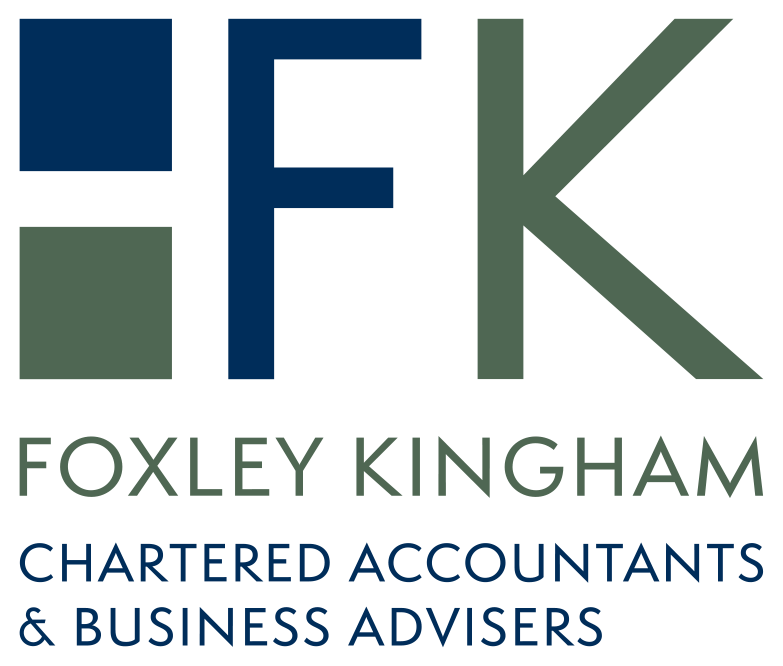It’s a difficult time for the legal profession – it’s facing increased financial, regulatory, and operational pressures, from a range of sources. Firms are having to balance compliance, profitability, and cash flow management while adapting to meet these pressures, in an industry that’s changing fast. Here’s a summary of what’s changing and how accountancy support can give firms more time to rise to the challenge.
The perfect storm of changes
The Solicitor’s Regulation Authority (SRA) is consulting on major changes to how Solicitors handle client monies sparked by a few recent, high-profile cases like Axiom 2023, a case focused on the misappropriation of £66 million of client funds by firm Directors.
The use of new banking technology to streamline how monies are handled is also raising questions; for example, should mortgage monies now pass directly from lender to lender without a solicitors’ involvement?
And as if that weren’t enough, 2025’s Legal Aid Agency (LAA) cyberattack has had major repercussions for the legal profession. The hack, which exposed individuals’ private data, also disrupted billing systems, preventing solicitors and barristers from submitting claims or receiving payments. While a contingency fund has been established to help, payments are still often lower than normal, and the full system is not expected to be fully operational until November. This ongoing disruption has affected cash flow for many Solicitors, with some struggling to meet tax obligations as a result.
How these changes are affecting firms
So, what are the impacts of these changes? There are a few:
- Firms must be hyper vigilant in their compliance with SRA accounting rules, including keeping on top of proposed changes to client money management.
- Similar vigilance needs to be paid to existing (and emerging) anti-money laundering obligations.
- Professional indemnity insurance is always absolutely vital – but especially so when professionals are faced with sweeping changes to how they work. Managing costs and renewals should be managed in a timely and effective manner.
- Should non-compliance occur, management of these penalties and reputational damage needs to be considered.
- Residual client balances are acutely under review, with balances to be returned ‘promptly’ – however the SRA is proposing tighter timeframes and automatic charitable donations if clients cannot be traced.
The accounting perspective
With law firms committing resource and money to mitigate these impacts, there are a few ways that additional accountancy support can ease the burden. Here are a few practical ways an accountant can help.
Tax efficiency
Whether a firm operates as a partnership, LLP, or incorporated entity – it’s important to understand the tax implications, which as ever, are becoming increasingly complex. Recent changes to corporation tax and pension planning will likely have an impact on firms and solicitors, so it’s important to consider how to maximise efficiency.
Cash basis accounting
For individual solicitors operating under a partnership without corporate partners, cash basis accounting may prove beneficial this year – especially for firms who are carrying large amounts of client debt. Switching to cash basis can help with cash flow by reducing tax payments in the year of transition, meaning you’ll only pay tax on income actually received, as opposed to outstanding debts.
Making Tax Digital (MTD)
Implementation for MTD has been delayed for companies indefinitely – but HMRC has confirmed that partnerships will be brought in line with the new system at some point in the future. There are, however, benefits to digitising your accountancy efforts now, if you haven’t already.
Preparing for digital transformation
Interest rates are elevated right now – so firms may be earning more on money being handled on behalf of clients. The SRA proposes that all interest (subject to de minimis rules) should go back to clients, but there are administrative challenges to this, and it could increase residual balances.
With increasing scrutiny around how firms handle client money, there’s no doubt that digital systems are the most efficient way to track fluctuating balances, interest accrual, and transfers between client and office accounts.
Foxley Kingham can assist with all of the above – advising on tax-efficient structures, cash flow planning, and compliance cost management. We take responsibility and ownership for these complex and time-consuming tasks, freeing up firms’ and solicitors’ time to deal with the work at hand.
What’s coming
The SRA’s consultations closed in February 2025, with outcomes expected this autumn – so it shouldn’t be long before we know more. But the old saying rings true here: fail to prepare, prepare to fail. Firms should be planning now for how they’re going to handle client money in line with suspected changes, as well as how they’re going to oversee and report on any new SRA requirements.
View your Accountant as your proactive planning partner. At Foxley Kingham, we can help firms to stay compliant, manage risk, and – importantly – protect profitability. It’s been a challenging year for the industry, but those who appoint an accountancy partner with the right expertise will weather the storm with ease.
If you’d like to talk about anything mentioned in the above article, we’d love to arrange a confidential chat. Get in touch or click here to learn more about how we can support you.


